A Pot of Kindness: the joys and consolations of hitchhiking The People in Between
New in Ceasefire, Photo Essays, The People in Between - Posted on Saturday, July 28, 2012 22:21 - 0 Comments
By Jason Smith
“For whatever reasons, hitchhiking isn’t as popular now as it once was”
As I waited on yet another empty, freezing stretch of Australian highway, I wondered how long it would be before someone would come along and take pity on me. But despite there being not a single vehicle on the surprisingly green horizon of the Flinders Range on this winter’s day, I wasn’t concerned; hundreds of similar hitching experiences all over the world have shown me that there’s always someone who will help out – and more often than not, they’ll be surprised that they did.
In this instance, barely fifteen minutes had passed before a lady stopped and not only drove me to the next major town, but also invited me to stay in her flat for the night while she wasn’t there. This may sound incredible – indeed, it was to me when it first happened – but this scenario has repeated itself time and again.
Some of these people, of course, used to hitch themselves, albeit a long time ago. They are driving along, cocooned by the protective sheath afforded by their car, when suddenly they spy their former selves silhouetted against the backdrop of the world as they’ve constructed it. They are momentarily reminded of ideals they used to have; of carefree, adventurous days. Memories of travel and ambitions long forgotten are jolted to the fore, and they find themselves reminiscing about where life could have taken them and the turnings they made.
One of the rides I had was of this ilk: a retired couple ended up driving me for some six days, insisting that I sleep in their caravan and eat three meals a day with them. I was constantly regaled by stories of their lives, and the trust they showed me was truly humbling.
More often than not, people are surprised to see me standing there. For whatever reasons, hitchhiking isn’t as popular now as it once was. Perhaps it’s an indication of a world more conservative and selfish, or a result of the media’s tendency to inflate shocking but rare events involving hitchikers; either way, it is perceived as somewhat crazy.
Especially in the United States, drivers often express concern about my safety and amazement that I seemed utterly unperturbed about all the insane people out there (the movie Wolf Creek is mentioned incessantly in Australia). They’re also convinced that no-one else would ever stop and that I was lucky they came along. The irony is that it’s only the concerned and helpful who will stop, and unless you’re standing out there, you’ll never realise quite how many of these people exist.
Occasionally the process is a cathartic one for the lift-giver. More than once I’ve accepted a ride and then found myself the unwitting therapist for a lonely, divorced lorry driver. One such driver, Barry*, had just been released from prison and was on a desperate mission to make up for every bad thing he’d ever done. Upon hearing of my Dutch origins, he drove me down some back roads of a small village not to dispose of my body but to show me a windmill. “Take a picture of that,” he insisted. “Your mum will like that.”
For me, hitchhiking is a chance to glimpse a side of a country or culture that I wouldn’t normally see. When travelling it’s very easy to become lost in a world of backpackers and tourist touts. Many strive to get off the ‘beaten path’, and what better way to do so than by jumping straight into a local’s very own bubble?
One is instantly privy to snippets of reality, from excited college kids on their way to see their new girlfriend to newlyweds struggling with the realities of settled life; from exotic dancers scraping together enough money to fix the windshields their pimps smashed to families moving across states in order to be able to buy marijuana on prescription.
Entering Utah, I was picked up by a man who was utterly surprised by the fact that I had never seen a gun. “Why, I’ve got one right here!” he exclaimed, as he loaded and cocked a handgun and passed it into my wavering hands. This is not something that usually happens on holiday.
This momentary amalgamation of two lives can have a lasting effect on both parties, where points of view can be expressed that might make one rethink one’s preconceptions. On my part, for instance, I was picked up my many Mormons in Salt Lake City and around whom, whilst not converting me (they didn’t even try), had the opportunity to explain what their religion means to them.
During that same time, a young Mormon couple with a one year old son took me to stay at their father’s house (his father, before you jump to any incestual conclusions). The father was initially rather cold towards me, clearly wondering why his son had brought home a random hitchhiker. But after conversation he warmed and turned his concerns on himself. Staring vacantly out of the window of his large, suburban house, he muttered, “Maybe I should start picking people up.”
I’m aware of course that I encounter a biased sample of people: it’s a pastime that selects the kindest and most-outward looking of a society. But what’s clear is that such people exist in every country the world over.
I am not alone in my optimism. Travel writer Jamie Maslin hitched from Tazmania to London in order to research his latest book, a task that comprised over a thousand rides. “If you’ve got the resolve to do it, then hitchhiking can bear a bounty of travel fruit,” he says, “Often hitchhiking exposes you to the very best of humanity. When hitching, I’ve been fed, watered, housed, taken on impromptu guided tours and plenty more, and been lucky enough to meet people who have shown to me a kindness and generosity of spirit so great as to be humbling – a kindness which, had our situations been reversed, I fear I would not have shown to them.”
Hitchhiking might be viewed as a cheeky way to get a free journey, or it may be seen as an ecologically sound method of travel. It might be a way to connect with locals and to utilise a transport system away from the hoards.
It might be a lot of things, and I often ponder on the philosophy of hitchhiking, but it was summed up for me sweetly and succinctly by a girl who drove me a short distance in New Zealand. “It’s a pot of kindness,” she explained. “Sometimes you put into it, sometimes you take out.”


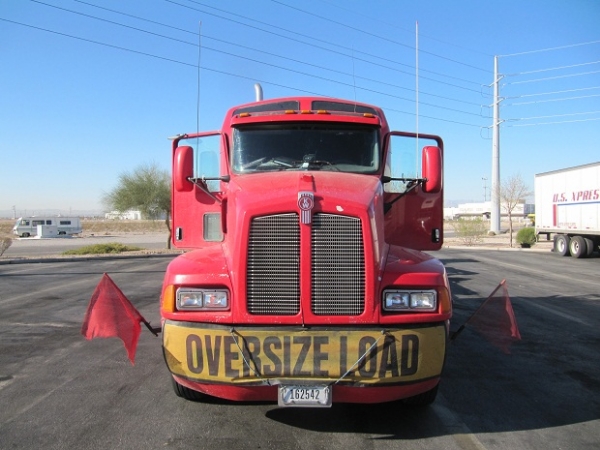
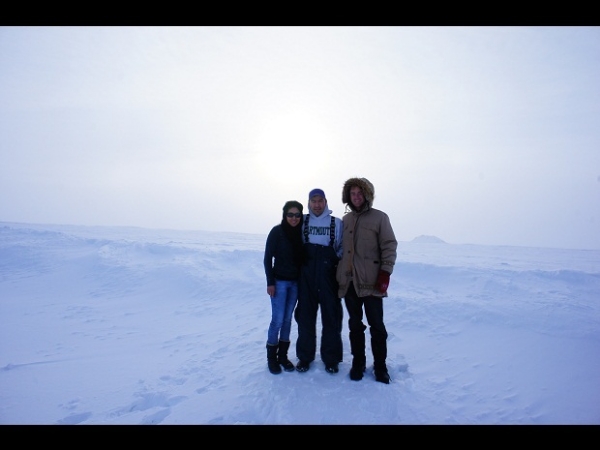
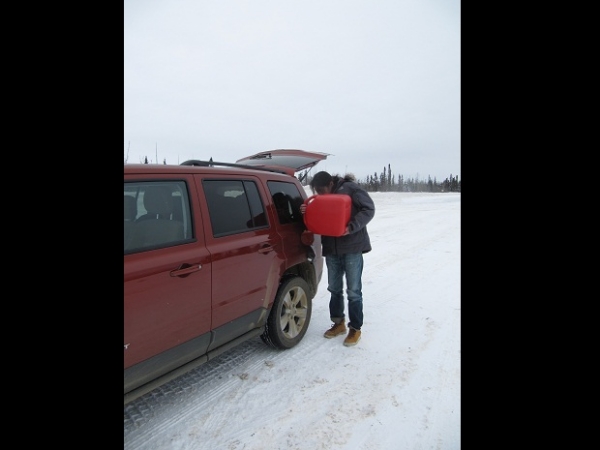
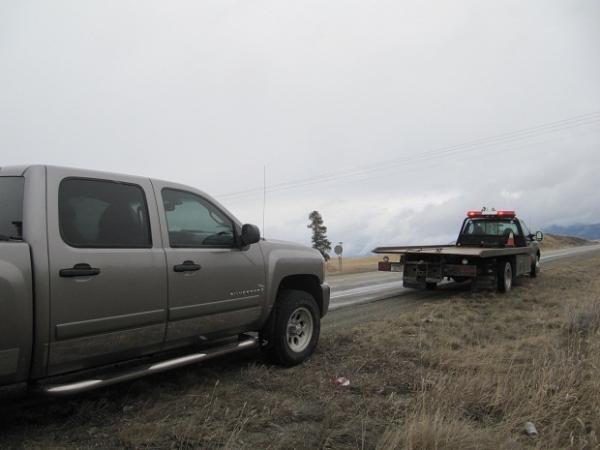
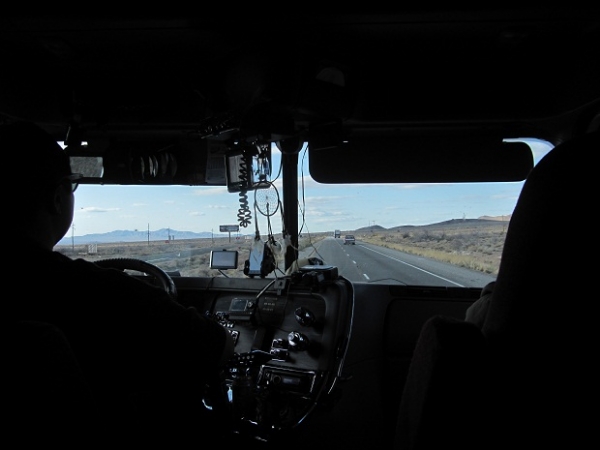
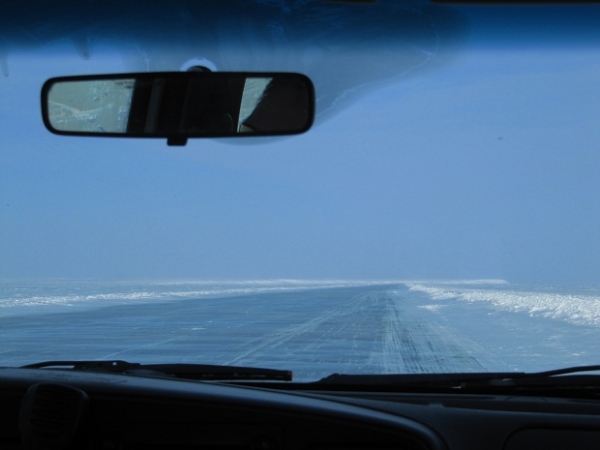
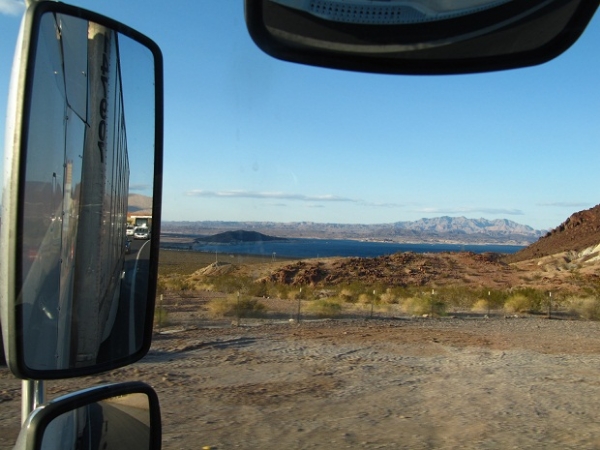
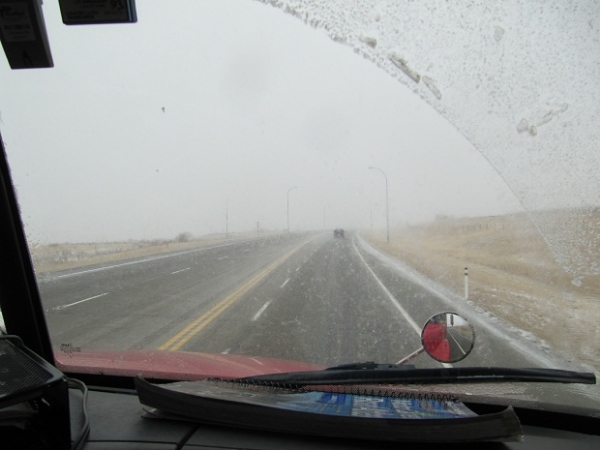
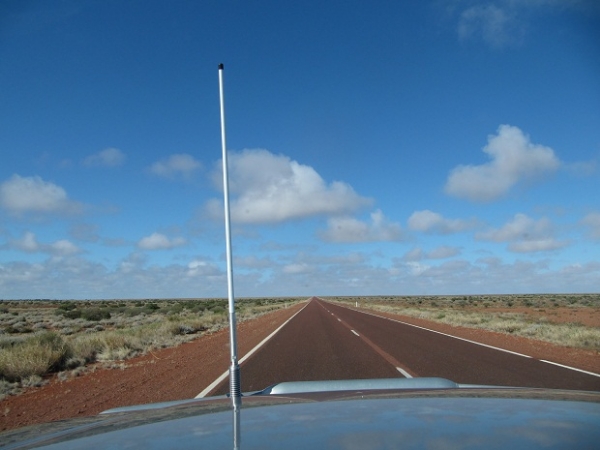
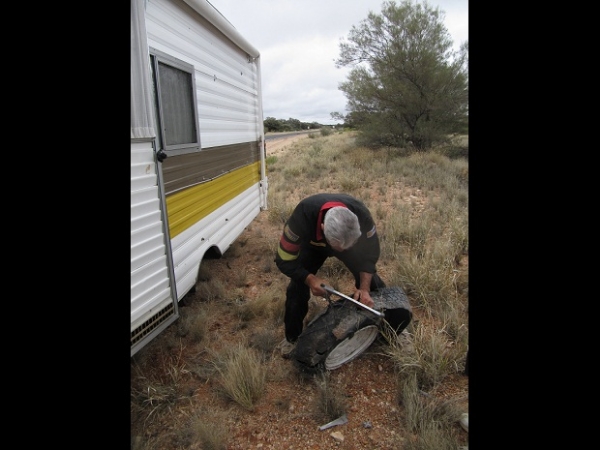
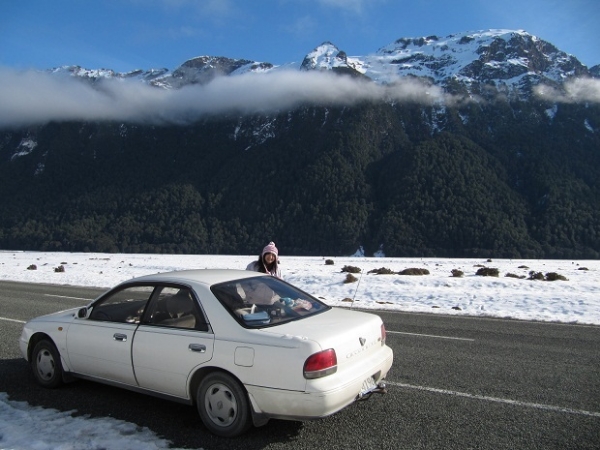
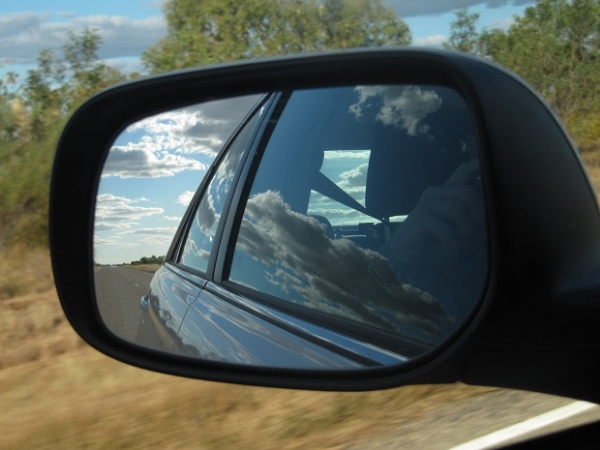
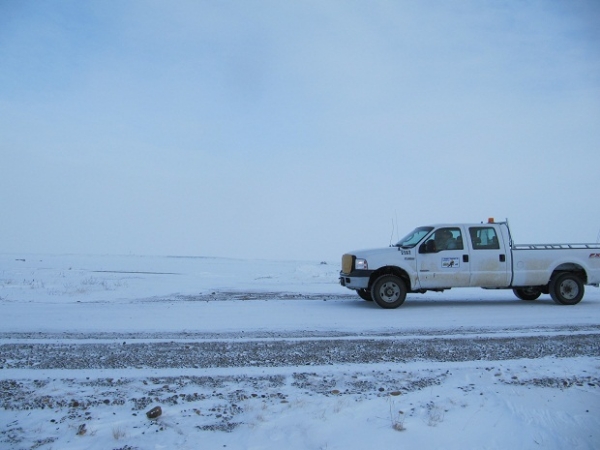

Leave a Reply